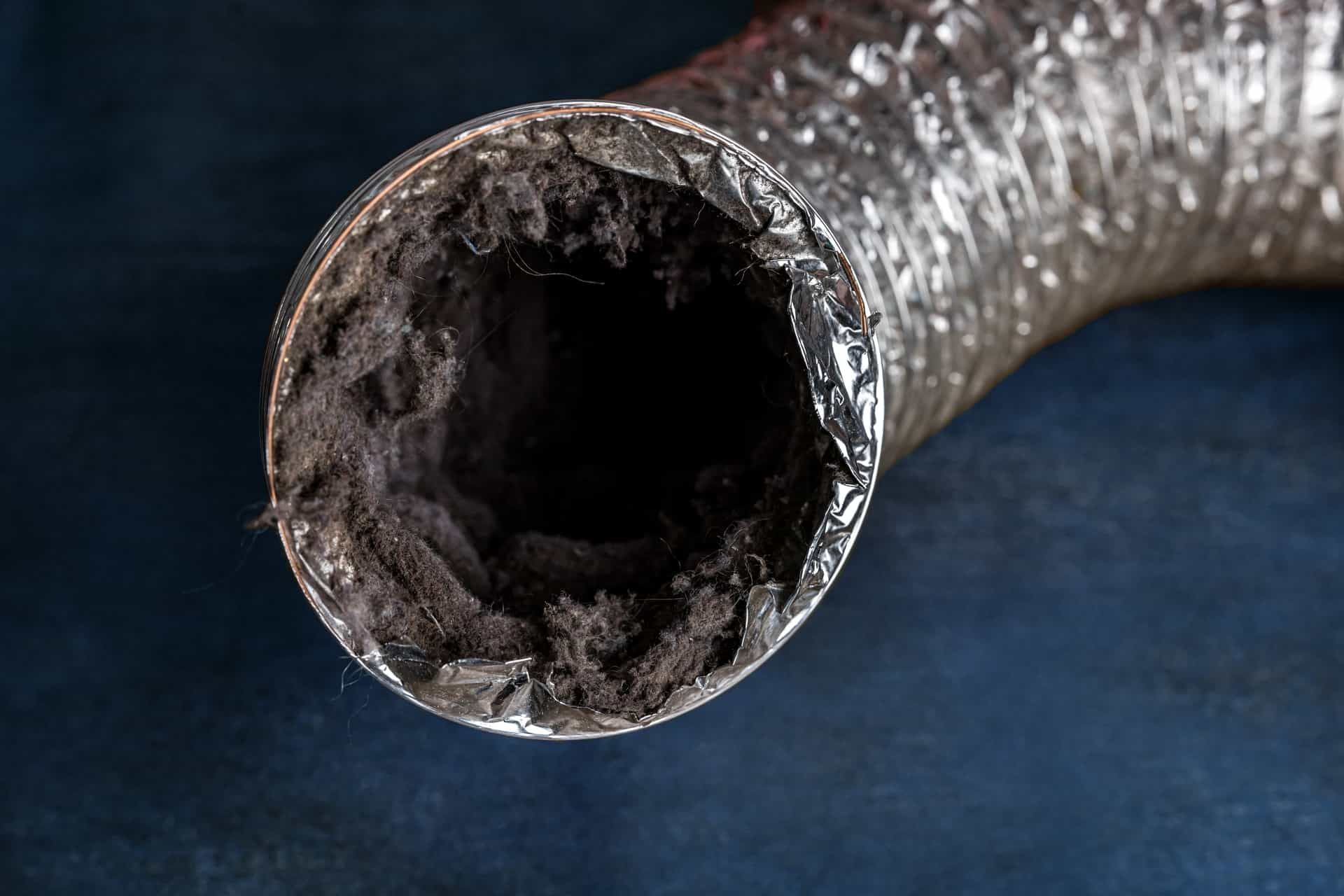How Often Should You Get a Septic Tank Inspection?
Owning a home with a septic tank means maintaining the system in good working condition. Regular inspections are vital to this maintenance. But how often should you get an inspection? This guide will answer that question and explain why these inspections are necessary.
What Is a Septic Tank?
A septic tank is an underground system that treats wastewater from your home. Water flows into the tank when you use sinks, toilets, and washing machines. Inside the tank, solids settle at the bottom, while liquids float to the top and exit to a drain field. Bacteria eventually break down the solids or need to be pumped out.
Suppose your septic tank isn’t functioning correctly. This can lead to severe problems like sewage backing up into your home or leaking into your yard. That’s why regular inspections are necessary.
How Often Should You Get a Septic Tank Inspection?
As a general rule, it’s recommended that you have your septic tank inspected every
three to five years. However, several factors can influence how often you should schedule an inspection:
1.Household Size: The more people living in your home, the more wastewater your septic system has to handle. A large household might need frequent inspections to ensure everything runs smoothly.
2. Tank Size: A smaller septic tank will fill up faster and require more frequent inspections than a larger one. If you’re unsure how big your septic tank is, a professional inspector can help you determine its size.
3. Water Usage: Homes with heavy water usage will put more strain on the septic system. Suppose your household uses much water for laundry, showers, and dishwashing. In that case, you might need to inspect your septic tank more often.
4. Age of the System: Older septic systems may require more frequent inspections to check for wear and tear. If your septic system is over 20 years old, you should consider scheduling inspections more often than every five years.
Why Are Septic Tank Inspections Important?
Septic tank inspections are crucial because they help catch potential problems early before they turn into expensive repairs. Here are some reasons why regular inspections are essential:
1.Prevent Expensive Repairs: A damaged septic system can lead to costly repairs, including replacing the entire tank or fixing the drain field. Regular inspections help identify minor issues before they become significant problems.
2. Avoid Health Hazards: A malfunctioning septic tank can pose serious health risks. Sewage backups can contaminate your home’s water supply or leak harmful bacteria into your yard. Inspections help ensure your system is working safely.
3. Prolong the Life of Your System: A well-maintained septic system can last 20 to 30 years or longer. Inspections, combined with regular pumping, can help you extend the life of your septic system and avoid the need for an early replacement.
4. Protect the Environment: Septic tanks that aren’t functioning correctly can leak harmful waste into nearby water sources, contaminating rivers, lakes, and streams. Regular inspections help ensure that your system isn’t causing environmental damage.
What Happens During a Septic Tank Inspection?
A septic tank inspection thoroughly checks the entire system to ensure everything works. Here’s what you can expect during an inspection:
1.Visual Inspection: The inspector will check the area around the septic tank and drain field for any signs of leakage or damage. This includes checking for pooling water, unusual odors, or overly lush grass, which can indicate a problem.
2. Opening the Tank: The inspector will open the septic tank to check the water levels and inspect the baffles (barriers inside the tank that keep solids from entering the drain field). If the water level is too high or too low, it could indicate a problem.
3. Checking the Sludge Level: The inspector will measure the sludge level at the bottom of the tank to determine if it’s time to pump it. If the sludge is too high, it can block the outlet from going to the drain field, causing backups.
4. Inspecting the Drain Field: The drain field is where the wastewater from your septic tank is filtered and absorbed into the ground. The inspector will check for signs of failure, such as soggy ground, foul odors, or slow-draining fixtures in your home.
5. Pumping Recommendation: If the inspector finds the tank too full of solids, they recommend pumping it. Regular pumping helps keep your septic system functioning efficiently and prevents backups.
Signs You Might Need an Inspection Sooner
Getting a septic tank inspection every three to five years is generally recommended. Still, there are some signs that you might need one sooner. If you notice any of the following, it’s a good idea to call a professional for an inspection:
- Slow Drains: If sinks, showers, or toilets are draining slowly, it could indicate that your septic tank is complete or that there’s a clog in the system.
- Unpleasant Odors: Bad smells from drains or near the septic tank can indicate a problem.
- Pooling Water: If you notice water pooling in your yard, especially near the septic tank or drain field, it could mean that your system is leaking. If you have a pool on your property, consider scheduling a pool inspection to ensure there are no leaks or issues that could contribute to water problems in your yard.
- Sewage Backup: This is one of the most obvious signs that something is wrong. If sewage backs up into your home, it’s a serious issue that needs immediate attention.
Conclusion
Regular septic tank inspections are essential for running your system smoothly and avoiding costly repairs. Most homeowners should have their septic tanks inspected every three to five years. Still, factors like household size, water usage, and the age of your system can affect how often you need an inspection. By staying on top of your septic tank’s maintenance, you can prolong its lifespan, prevent health hazards, and protect the environment.
If you’re unsure about the condition of your septic tank or if it’s been a while since your last inspection, it’s always a good idea to schedule one with a trusted professional. Regular inspections give you peace of mind and help protect your home and yard from potential septic issues. Consider scheduling your inspection with
Guardian Angel Inspection Services, known for their thorough and reliable septic tank evaluations.
Disclaimer: The information on this website and blog is for general informational purposes only and is not professional advice. We make no guarantees of accuracy or completeness. We disclaim all liability for errors, omissions, or reliance on this content. Always consult a qualified professional for specific guidance.
Share this entry







